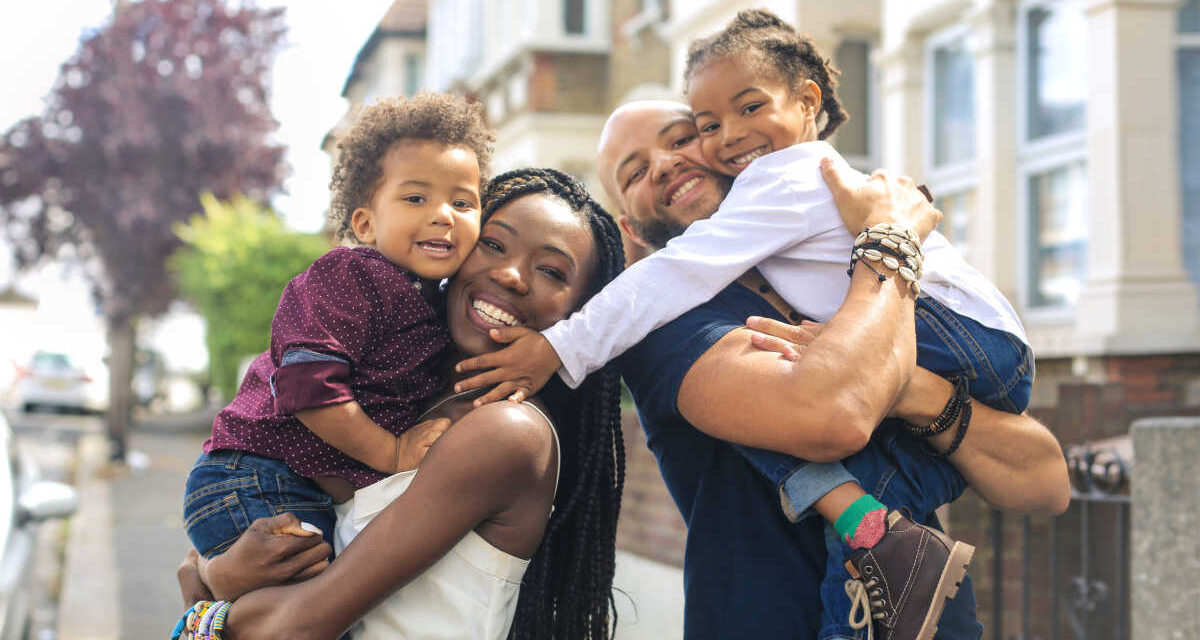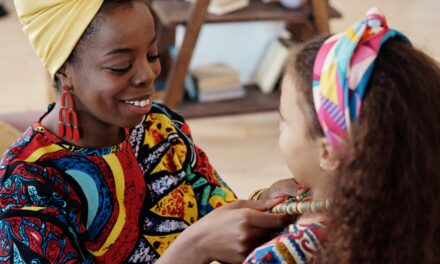National Adoption Week in England is between 18 and 24 October 2021. This year we’d like to shed light on black adopters in particular. For generations black people have looked after and raised children that are not biologically theirs – the black community have been, and continues to be, a shining example of the phrase “it takes a village to raise a child”.
Children have been raised by grandparents, aunts and uncles, family friends and community members for various reasons but formal adoption rates remain low amongst the black community. This can be attributed to numerous misconceptions and myths about adoption which we will take a look at below.
Common Misconceptions and Myths about Adoption:
1. Myth: You can’t adopt if you are over 35 years of age.
Fact: The national minimum age for adopting is 21 and there is no upper age limit imposed on potential adopters.
2. Myth: You have to be married to be eligible to adopt a child.
Fact: Single parents, same-sex couples, as well as heterosexual couples whether married or
in a civil partnership, are welcome to adopt. Your relationship status does not exclude
you as a potential adopter.
3. Myth: The adoption process takes years and is difficult.
Fact: The adoption process has been shortened from an average of 18 months to up to 6
months. The process can be broken down into the following four stages.
Pre-Stage: Exploration and Planning.
In this stage, the potential adopters are provided with background information about adoption and introduced to experts and other adopters who are familiar with the adoption journey. Potential adopters choose an adoption agency in their region to connect to. The time this takes depends on you.
Stage One: Registration, Initial Checks and Training
Once a suitable agency has been chosen, the formal processes, such as references, background checks and preparation training will start. Previous adopters have noted that the training not only prepared them for welcoming a new family member into their home but also provided them with invaluable insight into the realities of adoption. This process usually takes 2 months.
Stage Two: Assessment and Approval
This is usually a four-month stage, where a social worker will work with you and your family, assessing your strengths before presenting it in a report to the Adoption Panel who will make the decision to approve you as a suitable adopter.
Stage Three: Finding the Right Match
Your adoption agency works with you and the local authorities to find the right child for you and your family. They will discuss the suitability of children with you and a report is presented to a matching adoption panel and the agency makes a final decision regarding the match proceeding. This stage can take up to 4 months.
4. Myth: You have to be wealthy to be considered eligible to adopt.
Fact: Although your financial circumstances are a consideration, having a below-average
income or even being unemployed does not disqualify you as a potential adopter. Furthermore, the UK government has made funding available to support adopters and
adoptees through their childhood – it’s called The Adoption Support Fund.
5. Myth: You must be a homeowner or have a big house.
Fact: Whether you rent or own, live in an apartment or a house – you are still eligible to
adopt.
6. Myth: You can’t already have children living at home.
Fact: You are eligible to adopt even if you have children living with you. It is helpful if the
adopted children will be at least two years younger than the youngest child already
living with you.
7. Myth: You can’t adopt if you follow a faith or religion.
Fact: As long as your parenting capacity isn’t negatively affected, you can be from any of
the faith groups.
Whether you are looking at adoption to start or complete your family, the most important factors to consider are not the myths and misconceptions addressed above, but the impact on a child’s life of finding a loving, stable and supportive home. With national statistics showing that black and mixed heritage children spend a longer period in the care system, the onus falls on the black community to continue the labour of love as depicted by preceding generations.
To Find out more about adoption visit www.youcanadopt.co.uk/blackadopters












